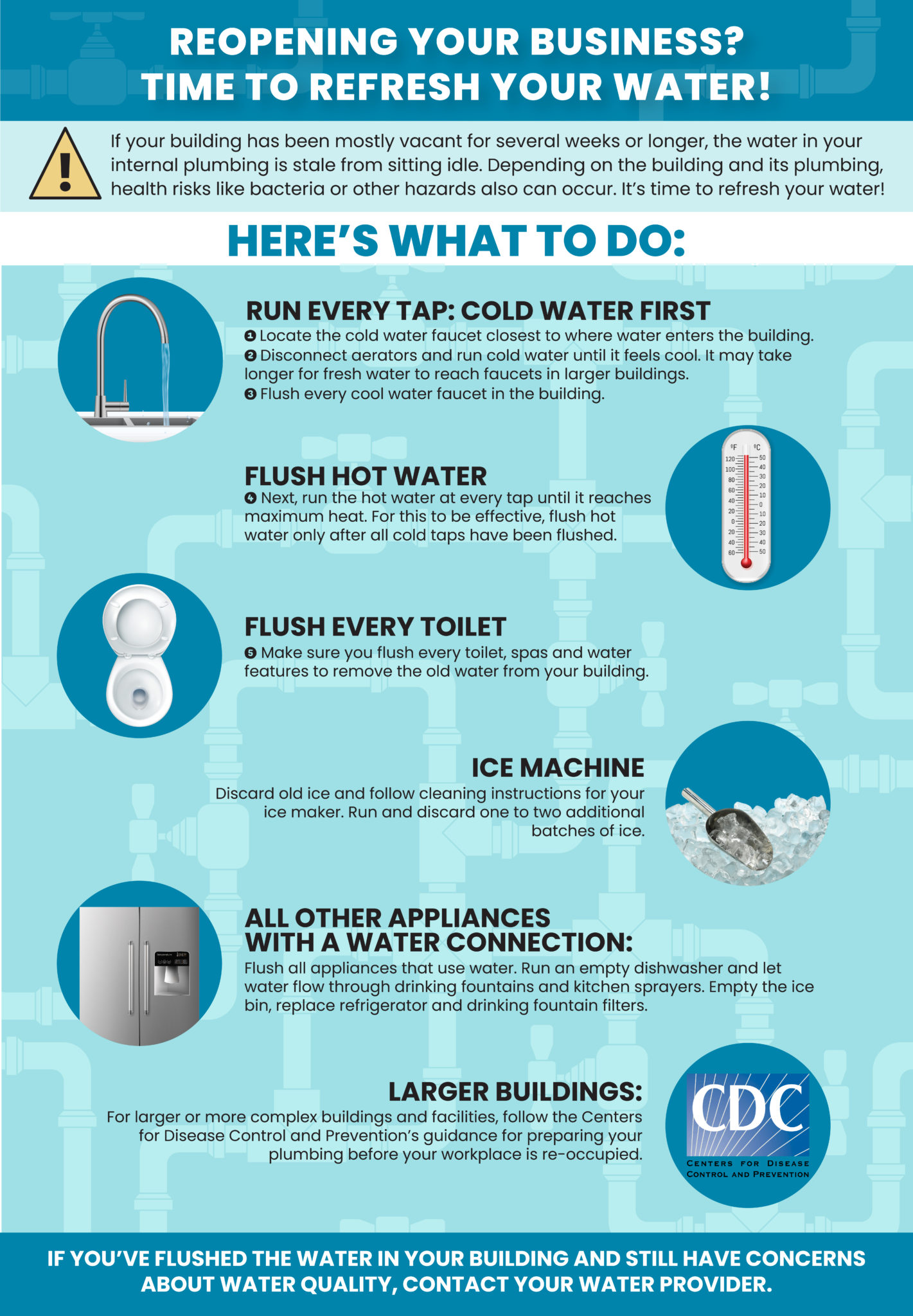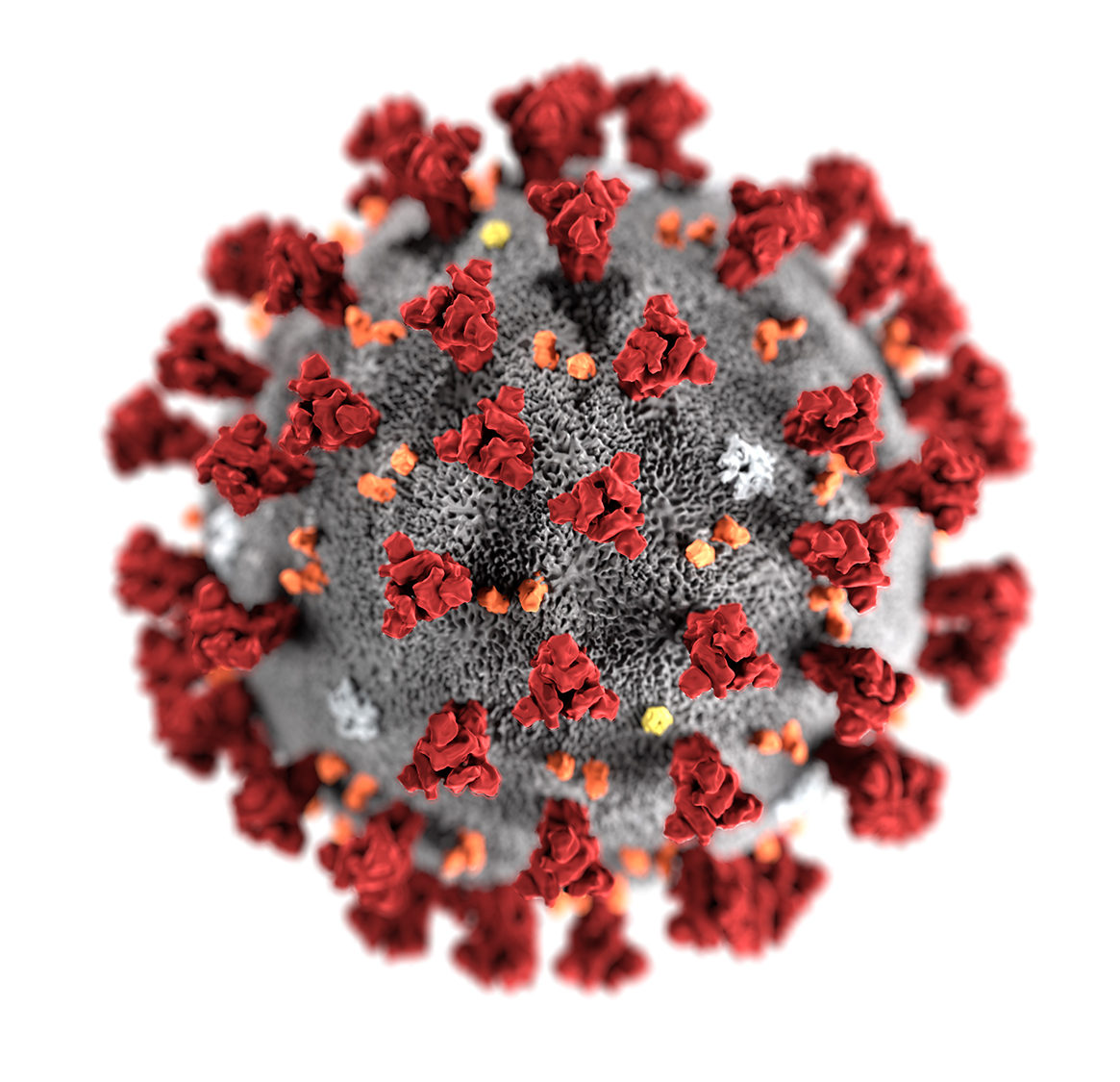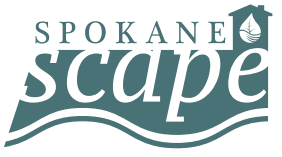
Technical Assistance Resources


Business Resources for Covid 19
Local Source Control/Pollution Prevention Technical Assistance

SpokaneScape Lawn Replacement Rebate Program 2019 COMMERCIAL Application
Dangerous Waste Labeling Requirements and Free Labels
Ecology – Labeling Requirements
Labels on dangerous waste containers must clearly show:
- The words “dangerous waste” or “hazardous waste.”
- The risks of the waste, such as flammable, corrosive, toxic, or reactive.
- The date you started putting waste into the container — this is called accumulation start date. This helps track how long the waste
Spill Response Procedures and Plan
Be Prepared with a Posted Spill Response Plan
Accidents happen, but with proper response planning you can protect your employees, business and our environment. Do you know who to notify if a spill happens? Are the phone numbers quickly available? Do you have the supplies ready to contain and clean-up the spills?
Download, Fill Out and Post Your Plan
Spill Response Procedure and Emergency Information for Spill Response
Spokane Regional Clean Air Agency – Asbestos
Planning a renovation or demolition project?
Be aware of asbestos, it’s dangerous to your health.
Spokane Regional Clean Air Agency is the place to go for asbestos information. If you are a homeowner, landlord, contractor, property manager, etc., involved directly or indirectly in altering a structure in any way, regardless of its age, your project is subject to asbestos regulations.
Spokane Regional Clean Air Agency – Business Permits
SRCAA Business Information
3104 E. Augusta Avenue
Spokane, WA 99207
(509) 477-4727 phone
(509) 477-6828 fax
(509) 477-4710 burn ban status
In Spokane County, there are over 700 commercial operations that SRCAA permits and annually registers. Below is a partial list of the types of operations regulated based on air emissions.
- Asphalt, concrete plants
- Boilers
- Foundries, mills
- Coffee roasting
- Crematories
- Crushing operations
- Dry cleaners
- Emergency generators
- Fiberglass fabrication
- Gasoline stations
- Marijuana production, processing
- Metal plating
- Painting, coating
- Printing
- Solvent cleaning
- Full list Article IV
Permit applications and other forms; Guidance documents here
Permits
Spokane Clean Air issues three types of
Reducing PCBs in Runoff Associated with Demolition and Remodeling Projects
Download the PCB Demolition Remodeling Manual
Figure 1 shows the typical sequence of BMPs that owners/contractors should consider when demolishing or remodeling buildings with PCBs-containing materials, like caulk.
Figure 2 shows the fundamental BMP categories which are commonly involved in most projects. Although, actual selection of specific BMPs within each category will vary depending on the nature of the project, site conditions and local permitting requirements.
